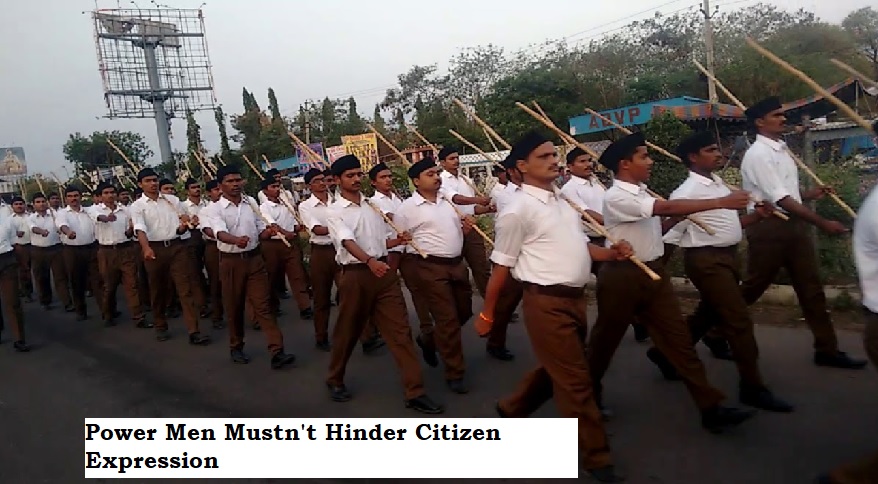


The Madras High Court has laid down guidelines for future route marches organized by the Rashtriya Swayamsevak Sangh (RSS) in response to a case where the state initially denied permission for an RSS rally. The court emphasized that those in positions of power should not hinder the right of thought and expression of citizens and must be impartial when allowing individuals to express their views.
Justice G Jayachandran, while issuing guidelines to the police and the RSS, emphasized that in a populous and democratic country like India, processions, rallies, and public meetings are common occurrences throughout the year. These events signify a vibrant democracy and serve as manifestations of freedom of thought and expression. The court stressed that those in power should refrain from attempting to curtail citizens' rights and should not exhibit bias when granting permission for such events.
The case originated when the RSS approached the court seeking directions to the state for permitting their route marches. However, the state, during the pendency of the case, categorically rejected the request for conducting a rally. The court observed that the state's decision to deny permission initially went against the secular and constitutional principles, as it cited the presence of other structures and places of worship in the intended route, which contradicted the constitutional principle of secularism.
As the contempt plea was pending, the state approached the Supreme Court, which directed the state to submit a proposal. Following the Apex Court's directions, the police exchanged a draft proposal with the RSS organizers. In response, the RSS submitted their re-joinder/objections, and the Director General of Police (DGP) provided reasoning for the imposed restrictions.
After thorough consideration of all materials, the court accepted the DGP's proposal with some exceptions, noting that certain conditions did not meet the criteria of reasonable restriction. The Madras High Court outlined broad guidelines for future marches, emphasizing the importance of upholding the constitutional principles of freedom of thought and expression.
In conclusion, the court's decision underscores the significance of protecting citizens' rights and ensuring that those in power act impartially when regulating public events. The guidelines set by the Madras High Court serve as a framework for balancing the exercise of free expression with reasonable restrictions, promoting a democratic and inclusive society.
TAGS: Madras High Court RSS route marches guidelines citizens' rights freedom of thought and expression Justice G Jayachandran democratic country